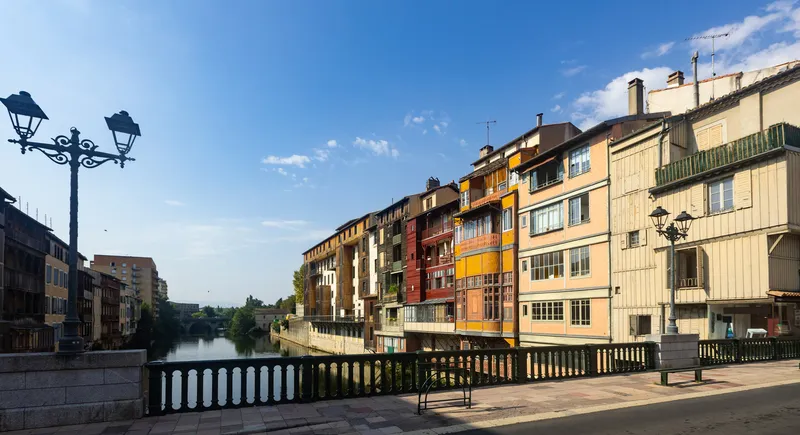A legal dispute continues to delay work on Stockholm's Bypass project.
March 1, 2012
Read time: 1 min
A legal dispute continues to delay work on Stockholm's Bypass project. Called the Förbifart Stockholm, the project has been stalled since the middle of 2010 due to a legal disagreement over the award of a design contract. The deal was awarded to the specialist firm ÅF by the Swedish Transport Administration (1096 Trafikverket). However, a legal appeal against the award for the design contract was made by a consortium comprising 2782 WSP, 3392 Sweco and 3479 Tyréns. According to the claimants, ÅF did not meet the criteria of the tender. Until Sweden's legal system can come to a decision over the appeal, the work will remain stalled. Because of this delay additional costs have been incurred and this has now added some €112.4 million to the total bill for the Förbifart Stockholm project. There are also concerns that the delays may hit the city's economic growth.








